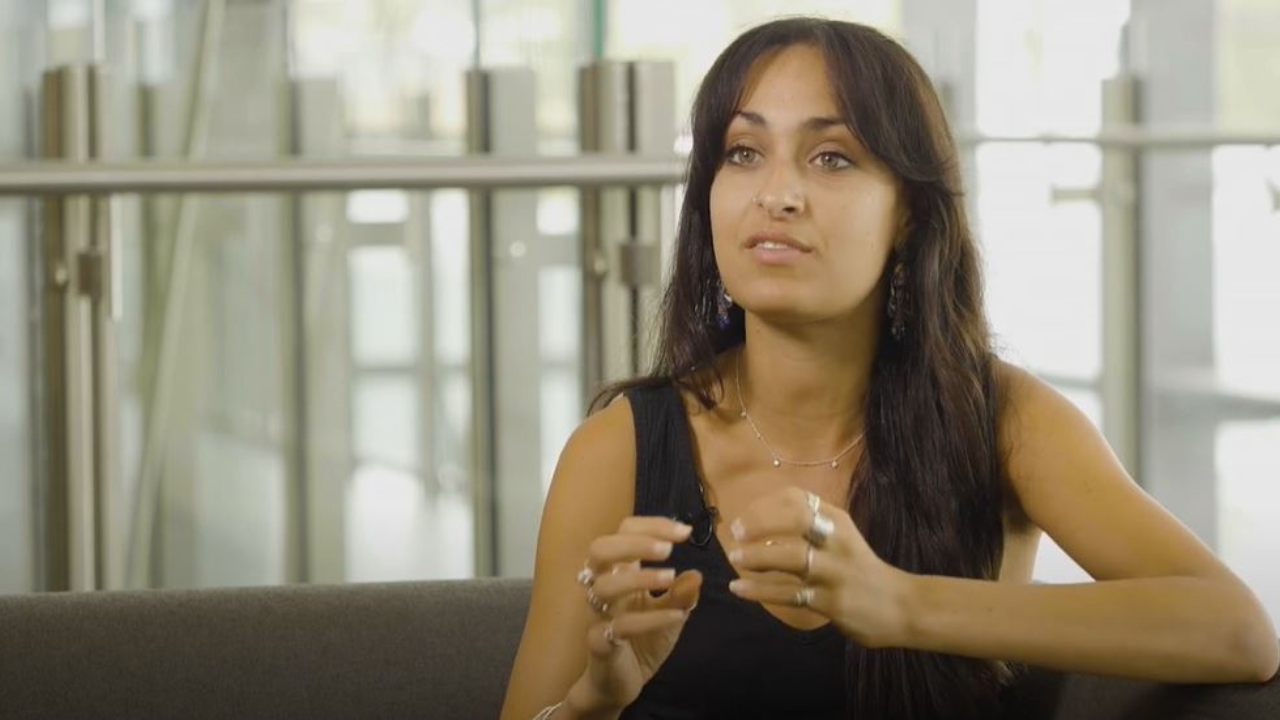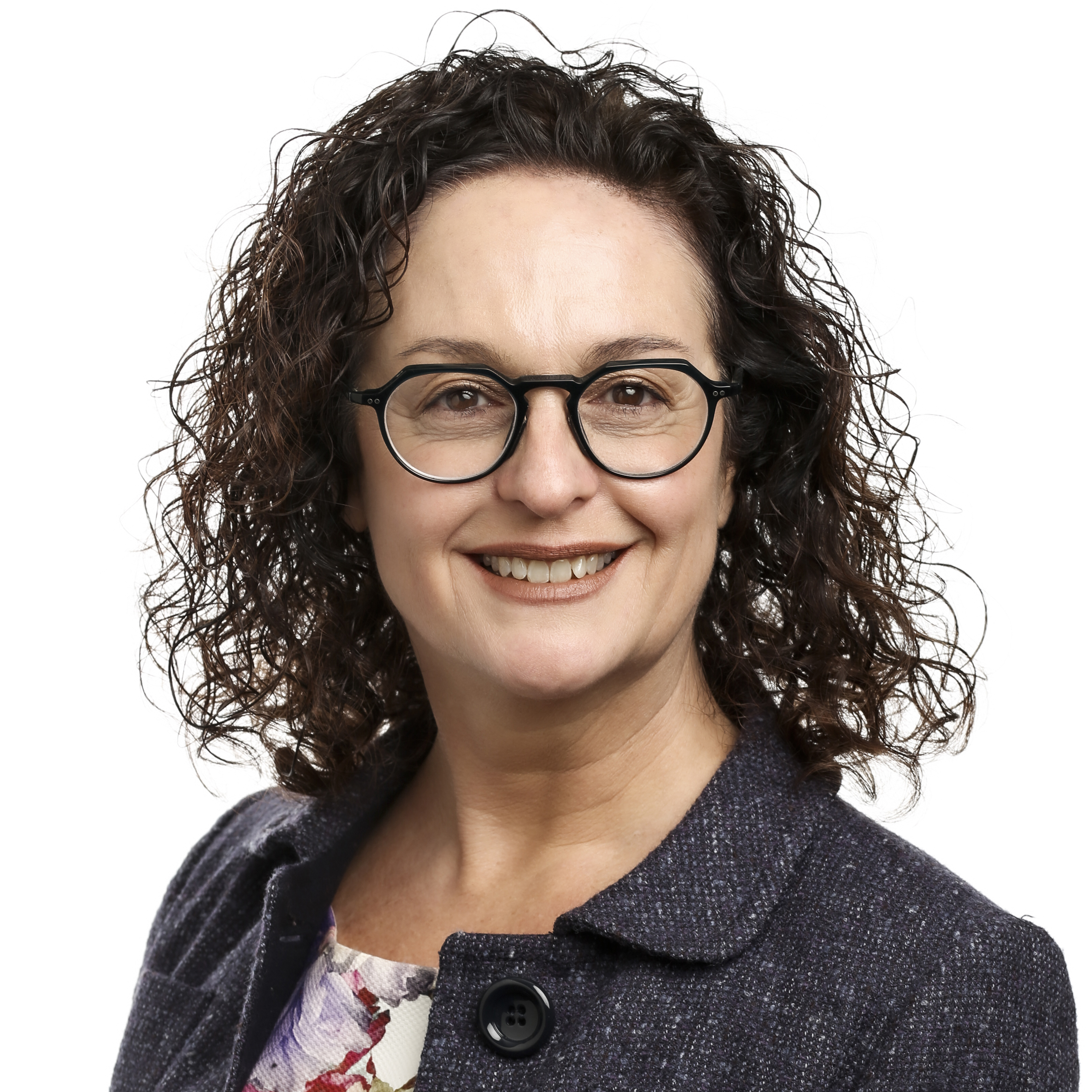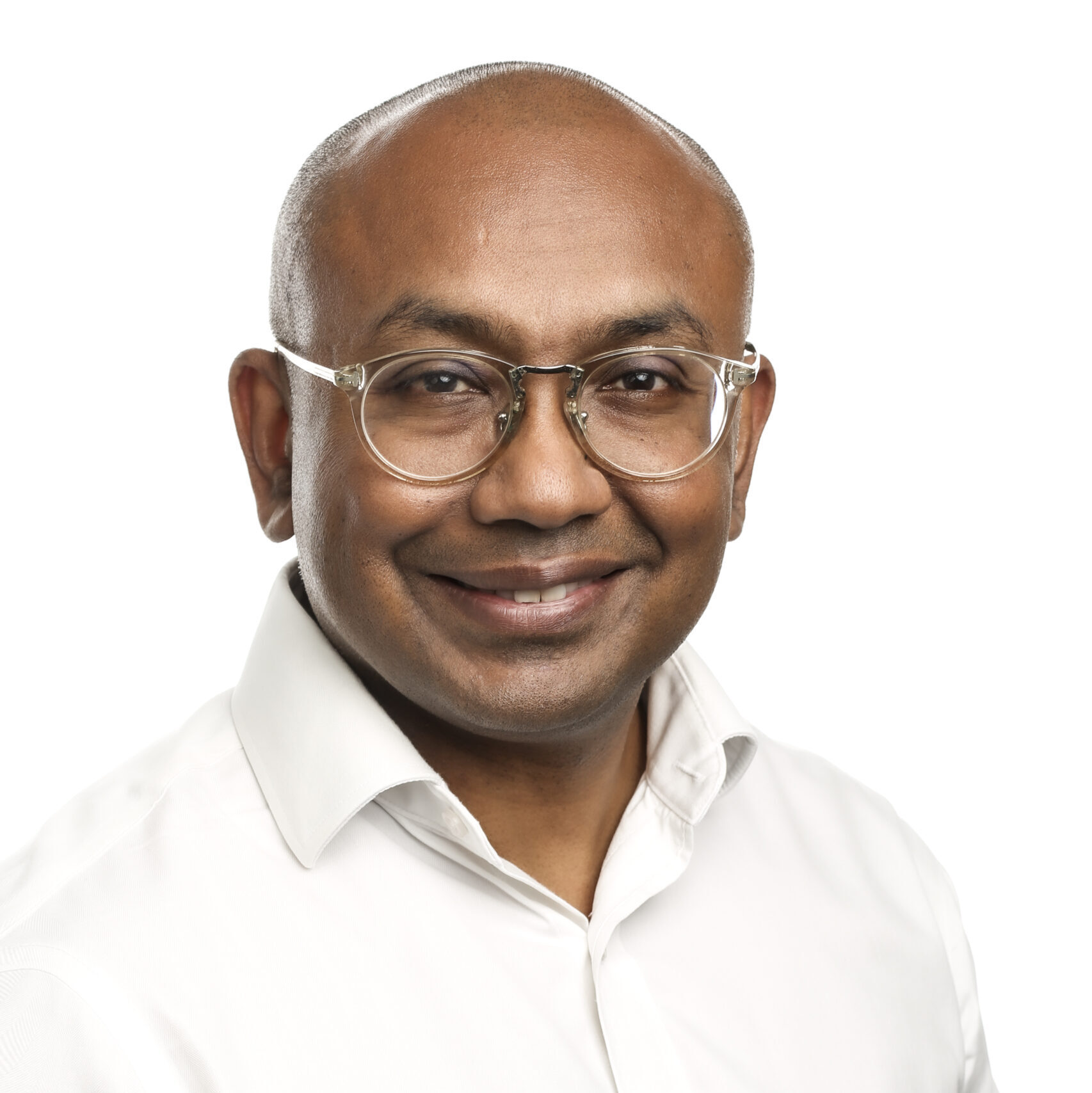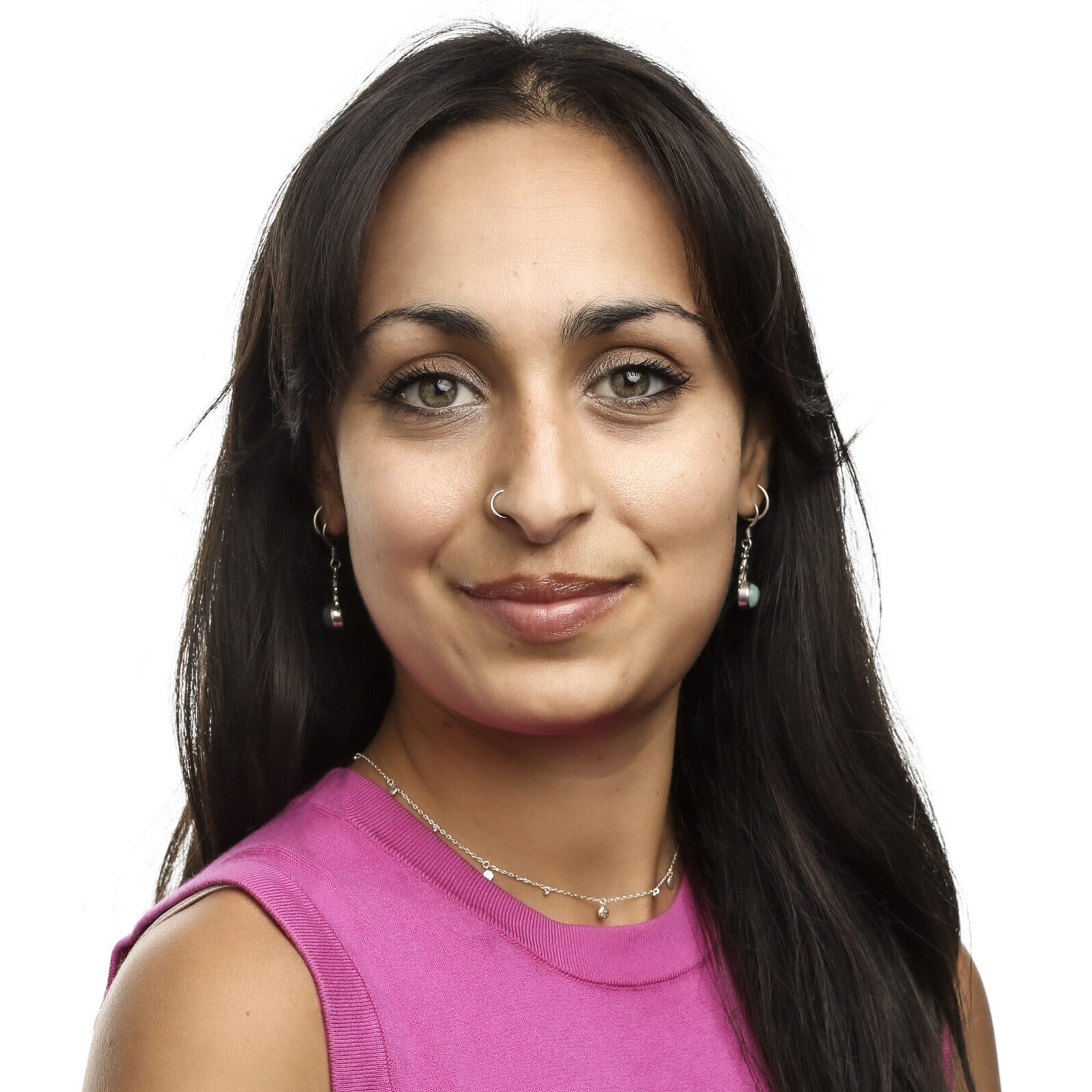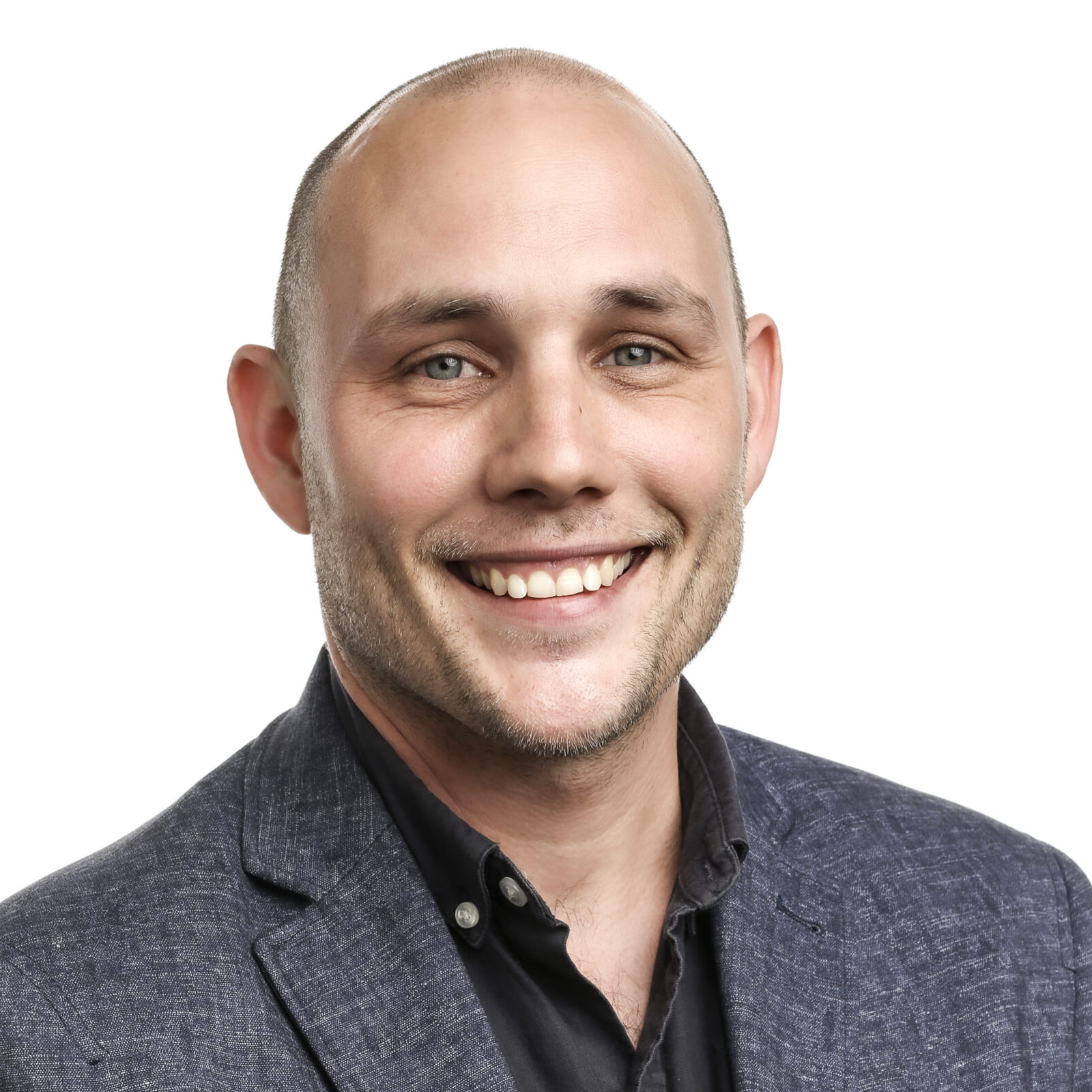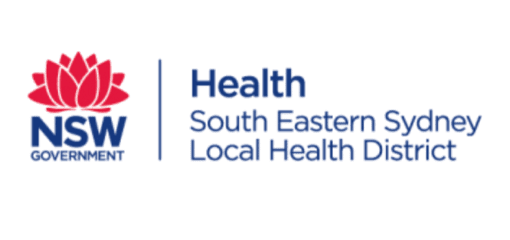A better response to youth in crisis
More than one million young Australians experience mental illness each year, and half of all young people experience a mental health issue before age 25. Youth mental health crises increased during Covid-19 lockdowns and have remained high. The Mindgardens Youth Navigation Flagship is forging stronger links between youth mental health, drug and alcohol and related services. We are making care more accessible to young people in crisis, so it is easier to get back on track with work, study and relationships at this critical life stage.
In this video, youth peer worker Rosie Singh describes how she uses her lived experience to guide Mindgardens’ Youth Integration Project.
Integration to address youth service gaps
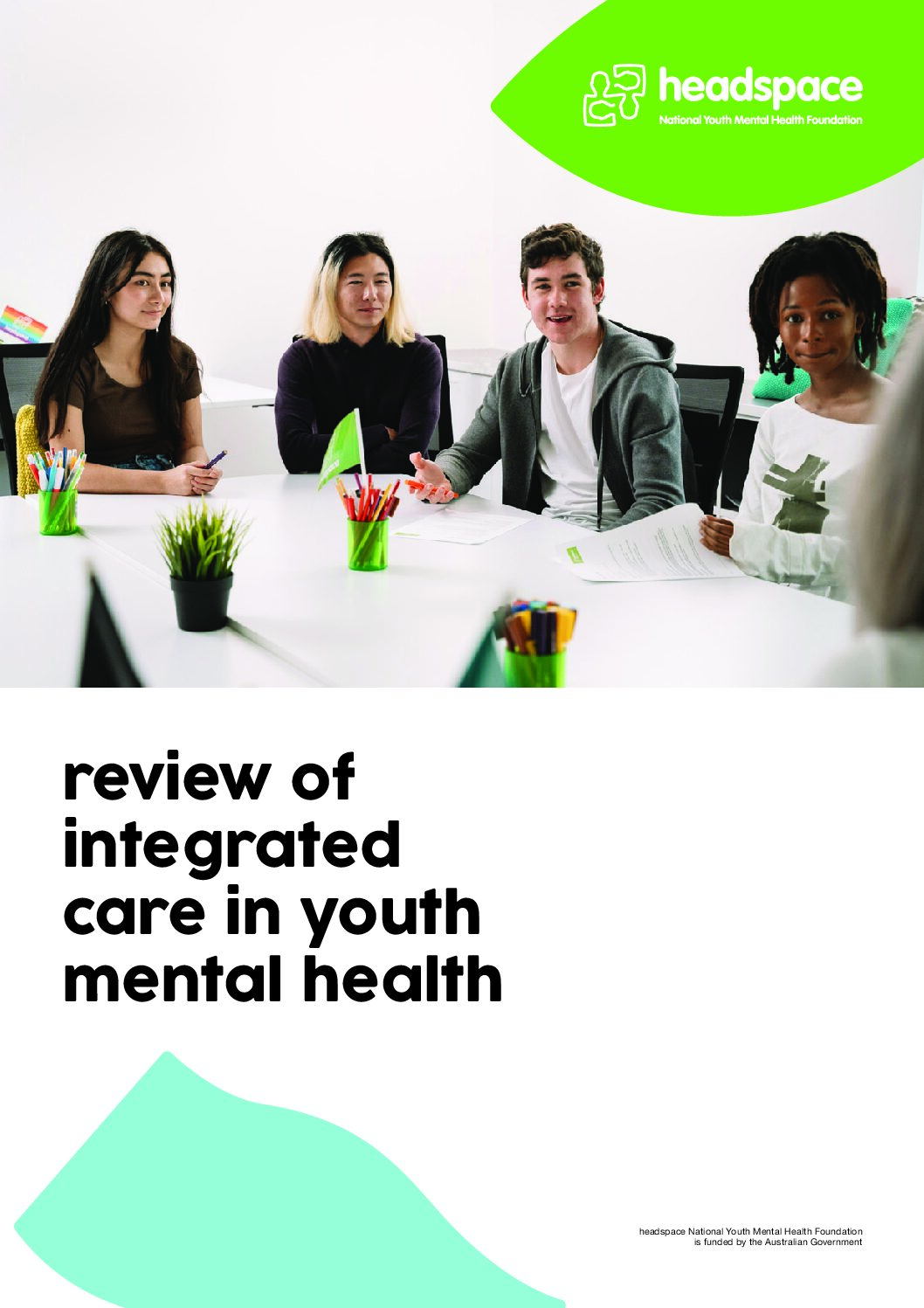
The Mindgardens Youth Integration Project is a research collaboration with headspace national and other partners to explore how to fine-tune the youth mental health system. We think we can extract better value from the system if we integrate young people’s care across disparate services, provide information in forms they and their families understand, and empower them to navigate their own journeys.
In the first stage, Mindgardens researchers have reviewed academic and general-audience publications to build a picture of integrated youth mental health care. In partnership with headspace National, they examined real-world examples of services for people aged 12-24 years, such as the Australian headspace services, and the Foundry, in British Columbia, Canada, to examine what promotes integration and what stands in the way. (Click on the image to read the report on this work).
In its next stage, the Mindgardens Youth Integration Project will pilot test novel solutions to these issues that can be rapidly scaled up if effective. We think service integration can transform young people’s mental health care; now we are committed to finding practical evidence that it actually works.
Statistics
50%
Half of all young people experience at least one period of mental ill-health before the age of 25
1/3
One in three Australians aged 12-25 years report high levels of psychological distress
75%
75% of mental health disorders appear between adolescence and young adulthood
1 million
1 million young Australians experience mental illness each year
How MindLabs contributes
Consumer and family engagement
Advocacy for system change
Connecting clinicians, consumers and researchers
Optimising the research agenda
Building clinicians’ research skills
Enhancing lived experience engagement in youth mental health service design
Researchers
Funding Sources
- Commonwealth grant funding awarded by the Australian Government Department of Health and Aged Care
- headspace National
INTERACTION: Intergenerational clinical trial in at risk older adults and pre-school children
OCD BOUNCE – Building community-based treatment capacity for children and young people across NSW
Brings together the strengths of four founding organisations


